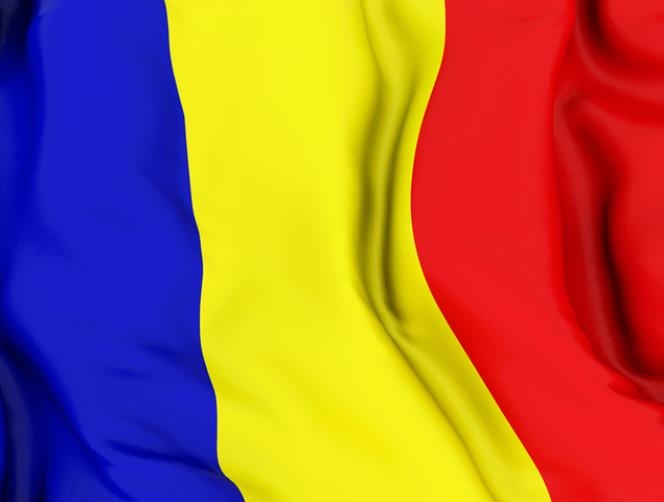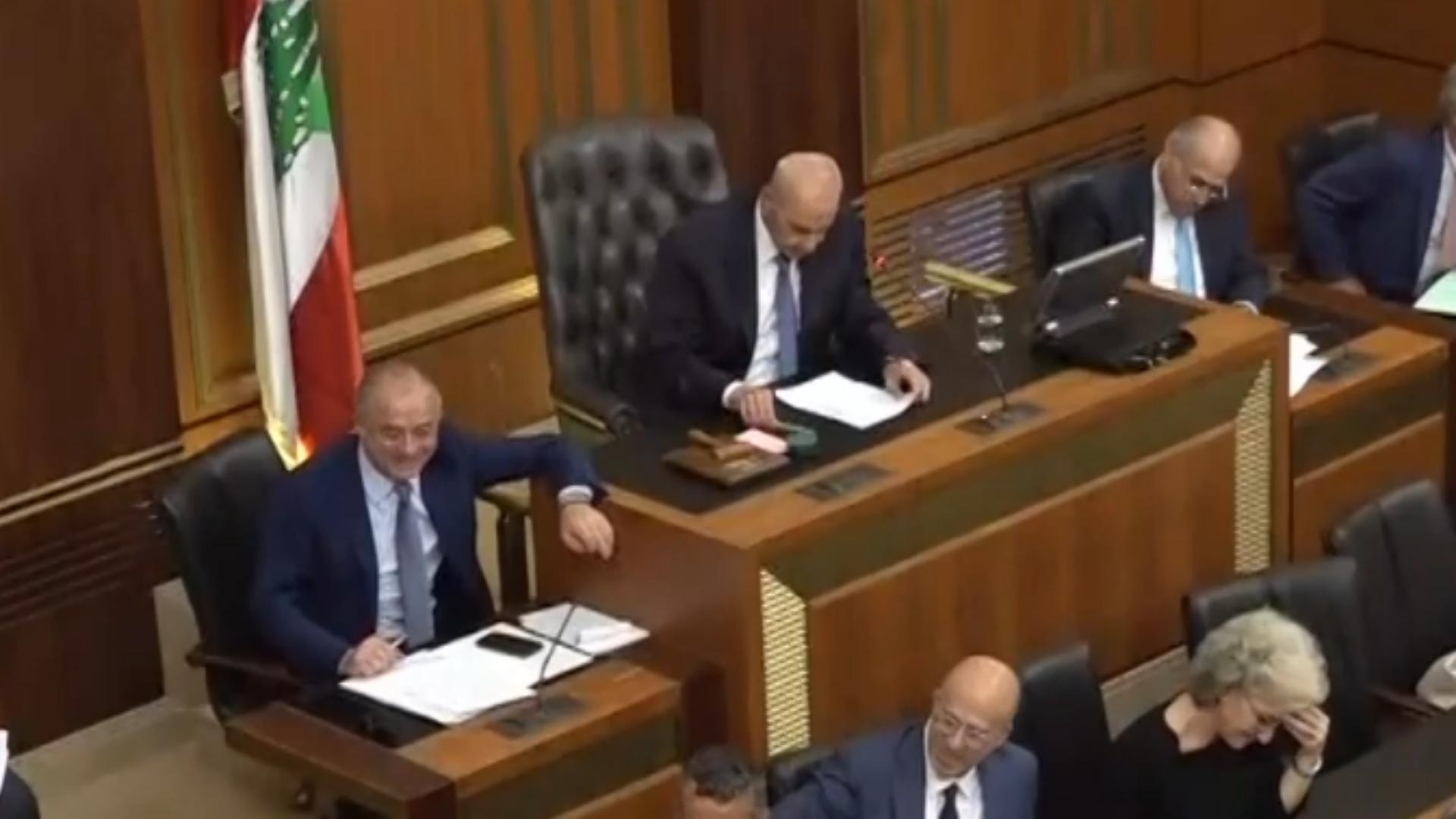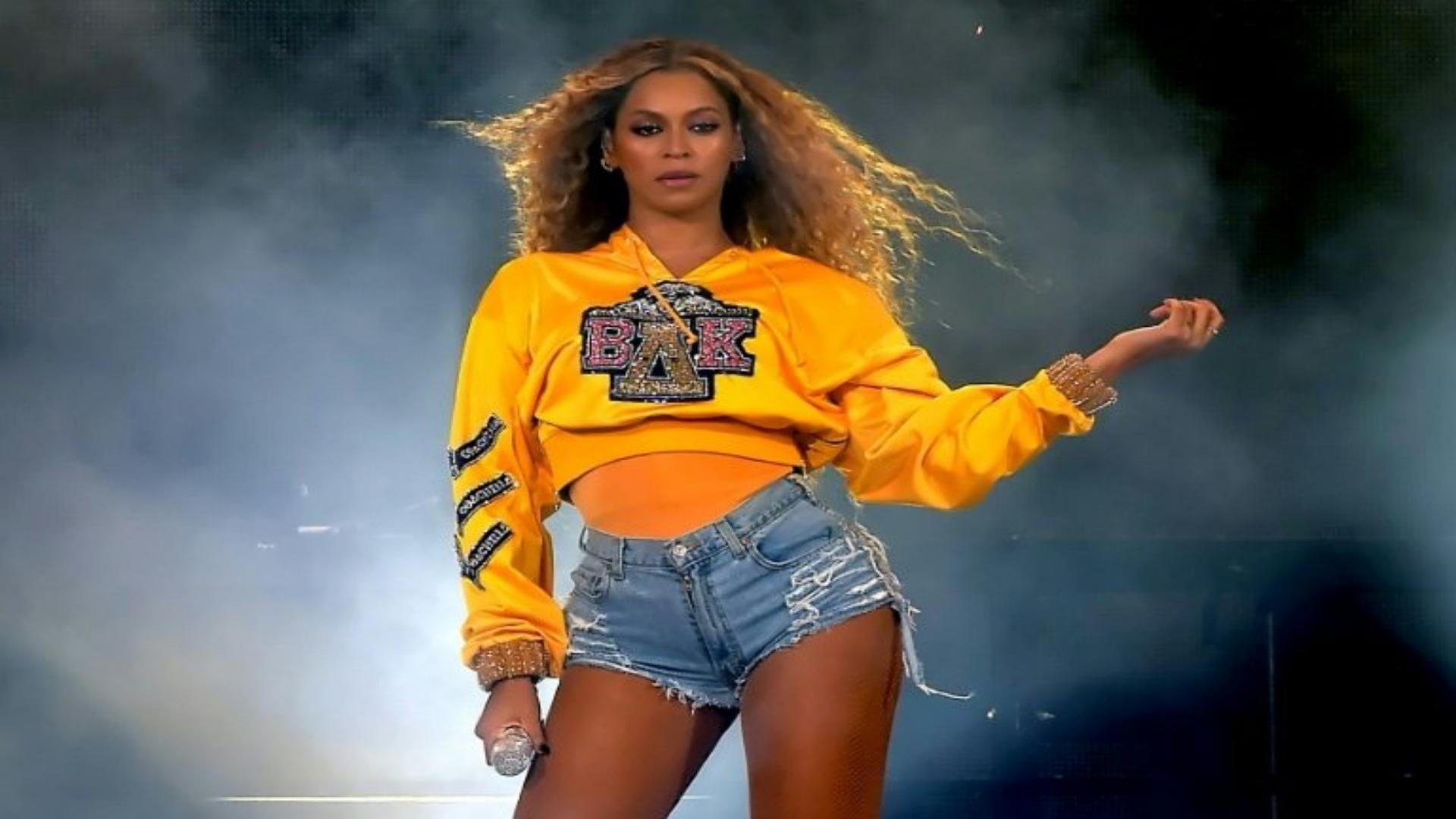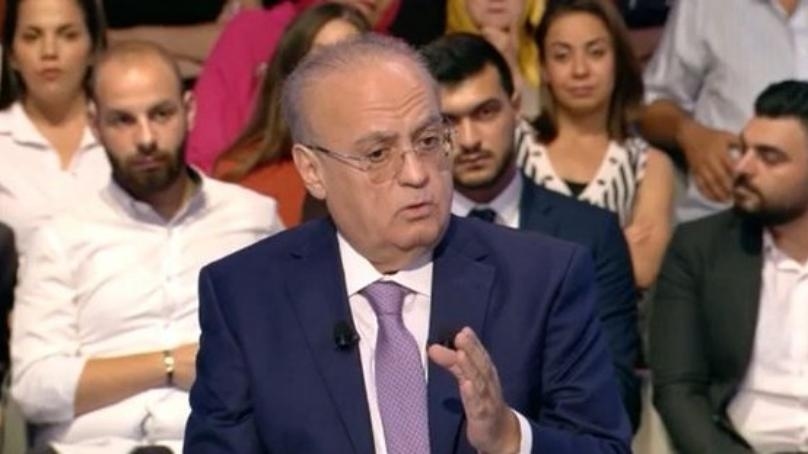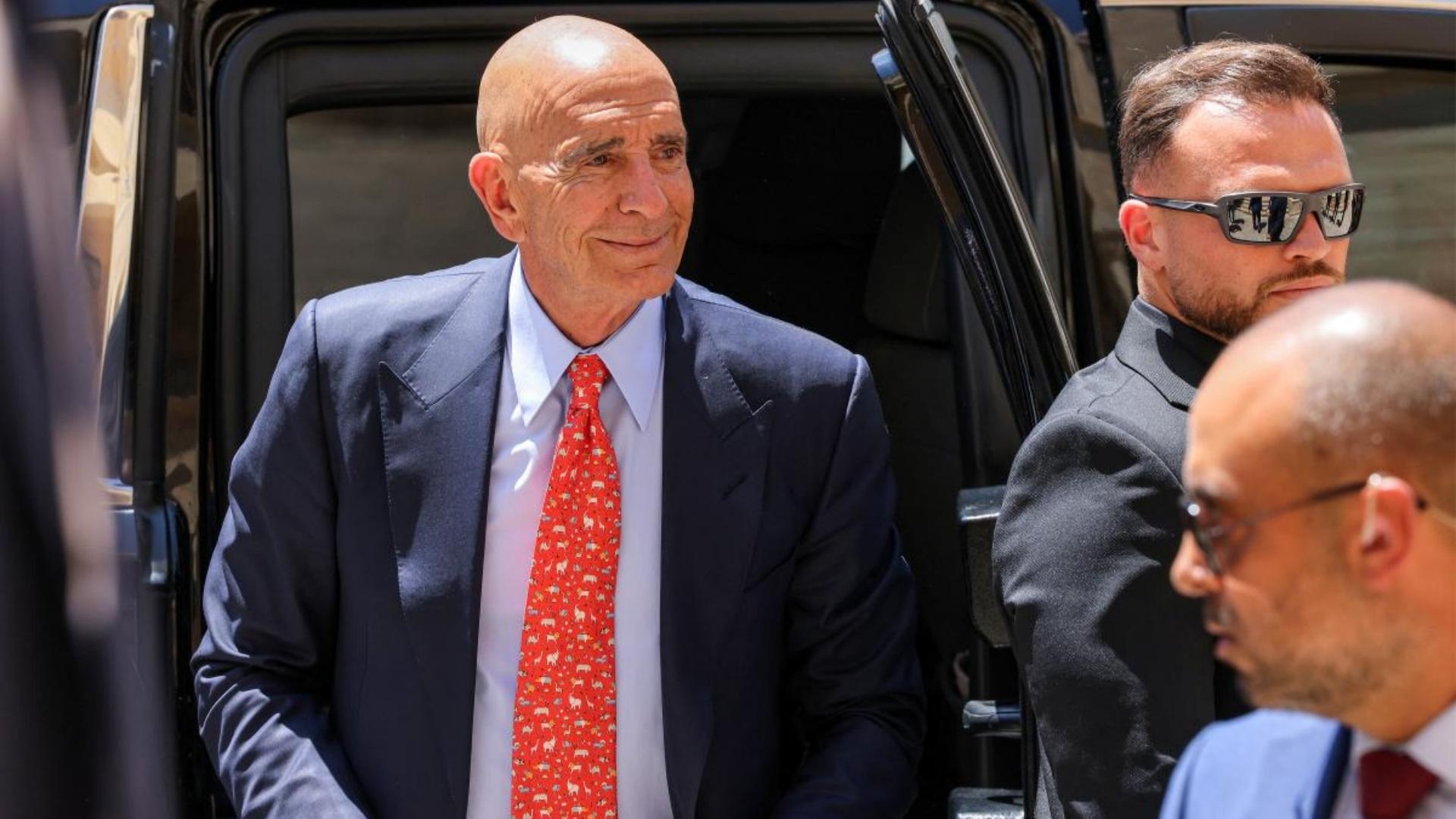Romania's Prime Minister Victor Ponta led the first round of the presidential election according to near-complete results on Monday, but he was pushed harder than expected by his conservative rival.
The European Union is watching the election closely because of fears that Ponta could reverse reforms aimed at tackling rampant corruption in one of the bloc's poorest countries.
Official results from Sunday's voting showed Ponta, a social democrat, took just over 40 percent of the vote after 91 percent of the ballots were counted.
"I am delighted that so many Romanians have voiced confidence in my program which aims at developing Romania and ending discord," 42-year-old Ponta said.
But the race is tighter than expected, with his main rival, 55-year-old liberal Klaus Iohannis from the German-speaking minority, on 30.5 percent.
The second round will take place on November 16.
Analyst Mircea Kivu said the outcome was far from clear.
"There is still a lot to play for in the second round. Much depends on the instructions given by candidates eliminated in the first round," Kivu said.
The vote is seen as a crucial test for the former communist country at a time when democracy has suffered setbacks in some neighbouring states such as Hungary, and as the Ukraine crisis has shaken relations between the European Union and Russia.
The election campaign has been marred by scandal, with numerous corruption probes including some aimed at allies of the prime minister, and a settling of scores between Ponta and his long-standing rival President Traian Basescu.
The popular centre-right Basescu, who has accused Ponta of being a former spy, cannot run for a third term. He and Ponta have shared two stormy years at the top of Romanian politics.
Whoever takes over the presidency will face pressing issues including recession and persistent accusations of corruption and bad governance.
Romania's head of state is responsible for foreign policy and top-level appointments such as prosecutors in the second poorest EU country after Bulgaria.
"I think these elections can be a maturity test for Romania," said Corina Rebegea from the Centre for European Policy Analysis in Washington.
The country needs "a president who can imprint a clear sense of vision about how we continue to build a democratic system of governance and rule of law, and prove that 25 years of transition are worth something."



